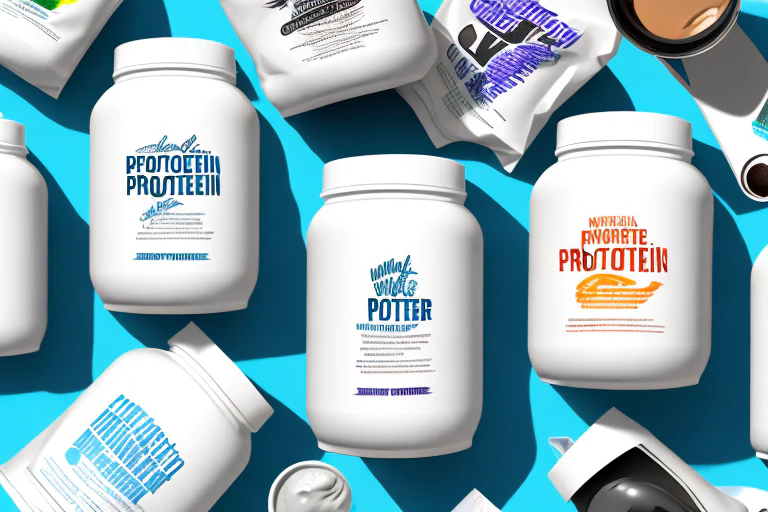Protein powders are crucial for many fitness and nutrition enthusiasts in the ever-growing realm of fitness and nutrition. Selecting the appropriate protein powder is vital for athletes, bodybuilders, and anybody trying to increase protein to their diet. There are many protein powder options on the market, so it’s important to choose cautiously to avoid negative effects. We’ll discuss crucial guidelines on how to choose a protein powder that meets your health goals without side effects in this article.
Find Your Dietary Needs
Before trying protein supplements, evaluate your diet and fitness goals. Protein powders are designed for muscle building, weight loss, or supplementing. A protein powder with a higher protein-to-calorie ratio may help you build muscle. Weight-loss enthusiasts may prefer protein powders with extra nutrients and less calories.
Be Aware Of Protein Types
The most common protein powders include whey, casein, soy, pea, and hemp. Unique traits and benefits distinguish each type. Whey protein, made from milk, is great post-workout due to its rapid absorption and high amino acid concentration. A slower absorption of casein, another milk-derived protein, releases amino acids. Pea, hemp, and soy proteins are vegetarian-friendly. Understanding these differences helps you choose a protein powder that fits your diet.
Check Allergens
Ingredient allergies might cause negative effects. Check the protein powder packaging’s ingredient list for allergens like dairy, soy, gluten, and artificial additives. Soy-based protein powders should be avoided by soy allergy sufferers and whey or casein protein by lactose intolerants. Protein powders with few ingredients and allergies lower the chance of side effects.
Quality Check Ingredients
Protein powders vary in quality and content. Select protein powders with high-quality protein and little ingredients. Choose items with natural sweeteners, flavors, and colorings and minimal artificial additives. High-quality protein powders cost extra, but they reduce negative effects and provide essential minerals.
Think About Fitness Goals
Your protein powder demands depend on your exercise goals. A protein powder with more protein and BCAAs may help you build muscle. A low-calorie protein powder with appetite suppressants can help you lose weight. Knowing your exercise goals lets you choose a protein powder that fits your health and wellbeing strategy.
Evaluation of Brand
Protein supplement brands vary in quality and transparency in the saturated industry. Check the brand’s reputation and choose ones that make safe, high-quality products.
Analysis of Digestibility
Digestive difficulties are prevalent with protein supplements. Protein powders may cause bloating, gas, or stomach pain. Avoid this by choosing protein powders with digestive enzymes to break down and absorb proteins. Consider starting with smaller serving amounts to see how your body reacts before gradually increasing the amount.
Conclusion
Understanding your diet, ingredient quality, fitness objectives, and allergens is key to choosing the proper protein powder. Making an informed decision that meets your health and wellbeing goals without adverse effects requires considering these variables. Remember, choosing a protein powder requires balancing effectiveness and safety.

